Introducing Footprint in the Midst of A Pandemic
For the last few decades, experts have warned us of the dangers associated with not lowering our emissions and not heading down a path of carbon-neutrality. Unfortunately, this has proven to be a difficult pursuit as it tends to work against the economically successful system that has flourished for over a century. However, 2020 brought about some unprecedented surprises that may have shown us just how impactful these reductions could be, and how quickly they could occur.
In early 2020, as the news of COVID-19 started circulating people around the world had little understanding of just how remarkable this virus would be. There was even less understanding of how it might affect not only humans but the environment as well.
Initially, as lockdown orders took place and businesses closed, the energy demand patterns around the world shifted quite drastically. When borders closed and populations became confined to their homes (or to their countries, at the very least), transport and air travel routines also shifted dramatically. These changes resulted in an almost instantaneous decrease in daily fossil CO2 emissions by early April, amounting to about 17% (when compared with the mean 2019 levels).
Unfortunately, as cities lifted lockdown orders in May and June and the global economy began to pick back up, this decrease was not able to be fully sustained. In fact, the International Monetary Fund and EIA predict that emissions will actually rebound by about +5.8% and +3.5% by 2021 respectively for world economies. For comparison, these numbers roughly correspond to 2006 emissions levels and are around the rates of decrease needed on a year-to-year basis for humanity to limit climate change to a 1.5 degree Celsius warming over the next few decades.
So, what do all of these statistics tell us?
Well for one, they put into perspective just how much global emissions have increased over the last decade, and how far we still have to progress if we are to remain in line with the Paris Climate Agreement. Another takeaway to notice is that these changes – as impactful, immediate, and substantial as they were – are only temporary. The decrease in emissions do not reflect structural changes in the economic, transportation, or energy systems, but merely a pause in their patterns.
This phenomenal, globally experienced social response did not address the systematic changes that we need if we are to stay aligned with low carbon pathways. While some governments and private investors are committing to the funding and policies needed to help us reach our zero-emissions goals, it is clear that we need more individuals, organizations, corporations, and leaders to act with the same urgency towards climate change as they did with COVID-19.
So, how exactly do we accomplish this level of urgency or at least remedial actions in lieu of it?
While it can often feel daunting to go up against big corporations and governments that seem to not take environmental issues seriously, it can prove successful when we do. Still, the fact of the matter is this: while we must strive to maintain our pressure on the largest emitters of greenhouse gases, we must also take the initiative to become aware of our involvement in the matter. If we were somehow able to unveil, understand, and undo our environmentally damaging habits, perhaps the satisfaction of owning our impact could empower us to further press for a carbon-neutral future from our leaders.
Luckily, tools of this sort already exist and can provide individuals with the tangible ‘next steps’ they might have longed for since the day they first learned of climate change.
As a public benefit corporation, Footprint App, Inc. is a for-profit corporation formed to benefit society by committing to globally addressing climate change.
Our initial tool has proven successful for individuals, classrooms, and organizations to better understand, analyze, and reduce their carbon footprints. Still, we have now developed two new tools dedicated to helping individuals mitigate climate change and reduce their impact in more than one aspect of their lives.
Our first tool is one that brings carbon footprint calculations to entire families and households and helps users analyze just exactly how their habits contribute to their annual CO2 emissions. This calculator looks at their energy consumption, commuting habits, household diet tendencies, and even their miscellaneous travel (such as flights and road trips). Then, it pieces their habits together and creates an estimate of their annual emissions. Beyond this, each component of the calculator then offers users the chance to take concrete steps to reduce these values where hotspots exist for maximum positive results. With 2020 forcing more and more individuals to switch to a work- or learn-from-home schedule, it can be surprising to understand just how these changes have affected our annual emissions.
Our second tool is one that extends these capabilities beyond individuals and households, and into the world of events. While many events have switched to virtual settings, we can be quite certain that the more traditional style will eventually see a comeback. When it does, we want our users to be as prepared as possible for making their event carbon neutral. We offer this by analyzing the metrics of an event (i.e. the number of attendees, average travel distance of attendees, food served, etc.), and creating a total value of the estimated carbon emissions.
The next feature is one that offers the perfect solution to making any event net-zero.
The feature is a direct link to our carbon offset partner TerraPass, a leader in the world of managing carbon footprints. Since its founding in 2004, TerraPass has played host to the implementation of dozens of renewable energy and greenhouse gas destruction projects via the purchase of carbon offsets from a broad range of patrons.
Their model has resulted in the creation, implementation, and operation of customer-funded, emissions-reducing projects at various facilities, such as landfills and dairy farms. Through this partnership, we have been able to develop perfectly curated offset packages that users can purchase one time or through a subscription service. These options can take you beyond simply making your event carbon-neutral and expand it throughout your life by offsetting your household emissions as well.
If 2020 can be characterized by anything, it has been a year filled with uncertainty.
At Footprint App, Inc., we want to provide you with the necessary tools and understanding to be confident that climate change is something we can certainly tackle together.
Sources:
https://www.nature.com/articles/s41558-020-0797-x
https://www.terrapass.com/about-us/about-us-terrapass-difference
Thanks for reading the Footprint blog! Keep in the loop on our latest blogs by signing up for our mailing list - and as a bonus, every sign-up will get free discounts on sustainable goods and services from our network. Or, if you want to start taking action immediately, download the Footprint App!
Interested in being part of our collaborative sustainability network? Check out ways we can work together on our website, and contact us today!


